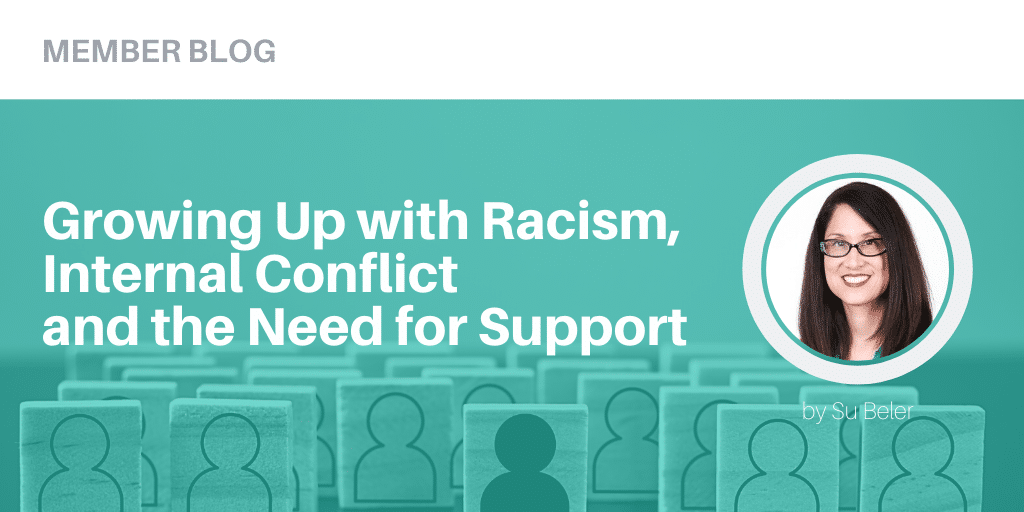By Su Beler
As a first-generation American, born from two immigrant parents, I have been watching, listening and praying for our country for a long time. There is so much anger and dissenting points of view. I’ve hesitated to speak publicly about racism because I don’t want to invite hostility. My only hope is that my story might inspire empathy and compassion.
My mother is Korean and my father is Columbian. My father served in the U.S. Army after he came to the states, which is when he met my mother. Both of them had challenging, violent and painful lives growing up in their own countries. I was often reminded of how lucky I was to be born in the United States. But I didn’t feel lucky. Growing up in a predominately white neighborhood, our family was the target of verbal abuse and vandalism. The message I took from this experience is that non-white immigrants do not bring anything positive to the community — they will ruin it.
Being of mixed race, I also struggled to fit into my own family. My mother was frustrated with my naturally kinky hair and my South American curves, and as a result, the overall feeling I had about my physical appearance was shame. I got up early every morning, straightened my hair and wore my bangs long to cover my eyes.
When I would visit my friend’s homes, I saw the look of concern and fear in the eyes of their parents when they met me. And I grew to have my own racist thoughts against my parents, who spoke broken English and embarrassed me.
Through the support of a special English teacher, the neighborhood piano teacher and the drama teacher who brushed the hair out of my eyes, I began to accept myself for who I was. My love of reading also was a refuge; I was able to find connection and hope in literature, such as “Song of Solomon” by Toni Morrison and “Joy Luck Club” by Amy Tan. And I was able to identify my anger, recognize my own biases and start to heal.
This year I’m turning 50 and a lot has changed. I’m more at peace with myself and my past, but there still is work to be done in the present. The negative stereotype beliefs that people of color are dirty, lazy, ignorant and inherently evil still exist. These falsehoods are perpetuated in the media, institutions and our own hearts. If you don’t believe that there’s a problem of racism in our country right now, talk to your black, brown, or yellow friends for their perspectives. They will set the record straight.
And, then I’d ask you to be part of the change. Start by thinking about the people of color who have influenced your life, your communities, your country and your world for the better. If you have them in your mind, reach out to them and encourage them — they need your love and support.
About the Author
Su Beler is a partner support manager for Technology Source. She’s been an active member of Alliance of Channel Women since she joined the industry in 2013. Presently, she’s a member of the Events Planning Committee and acts as its liaison to the Communications Committee.


